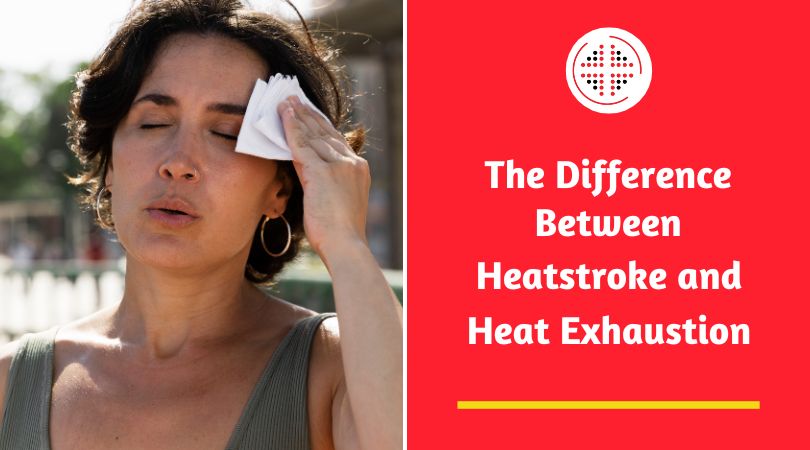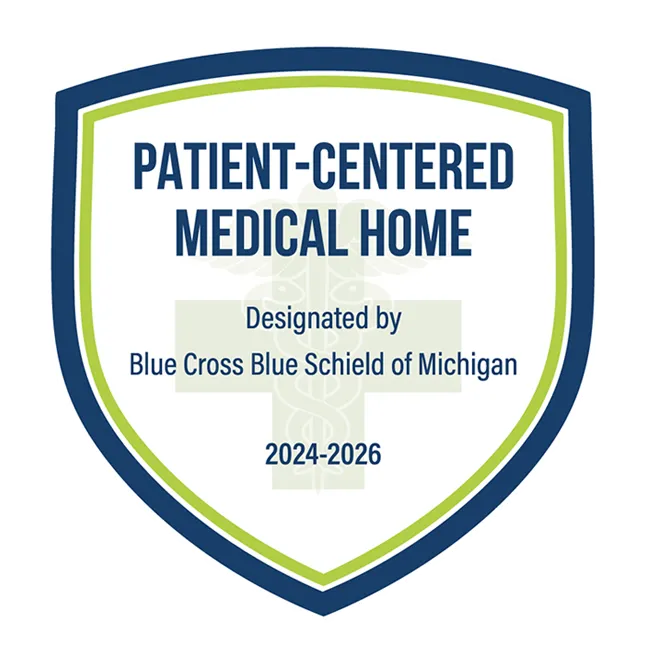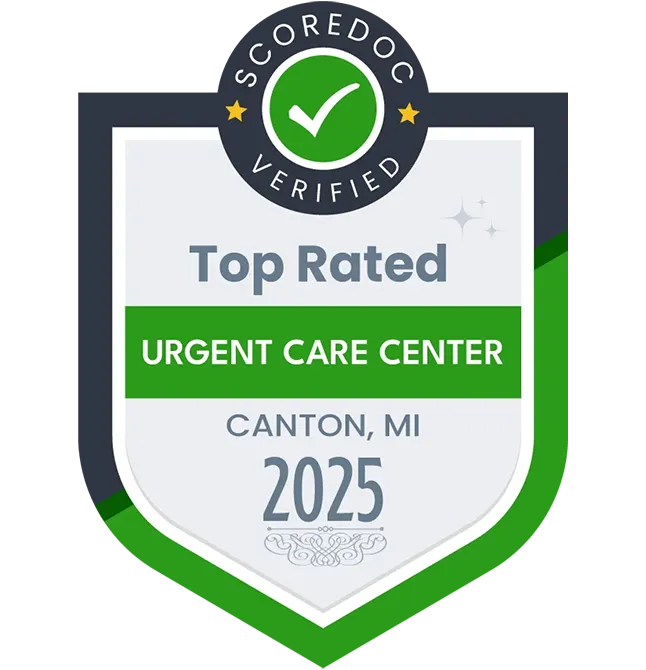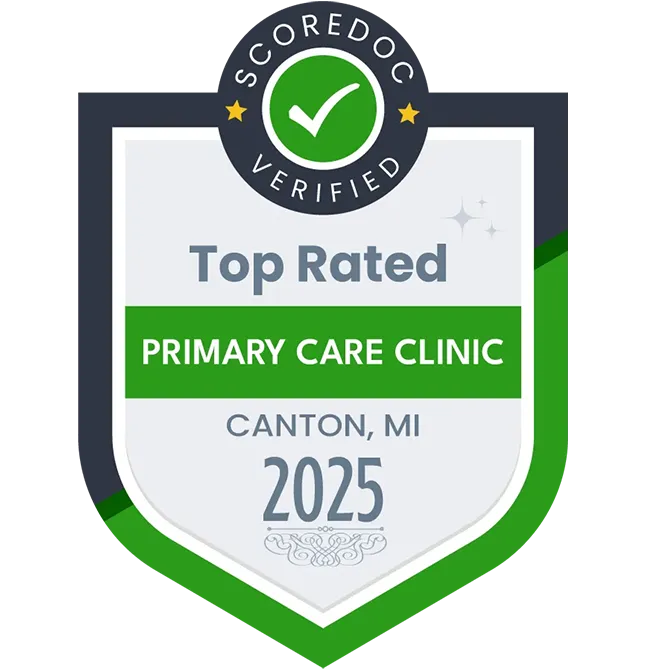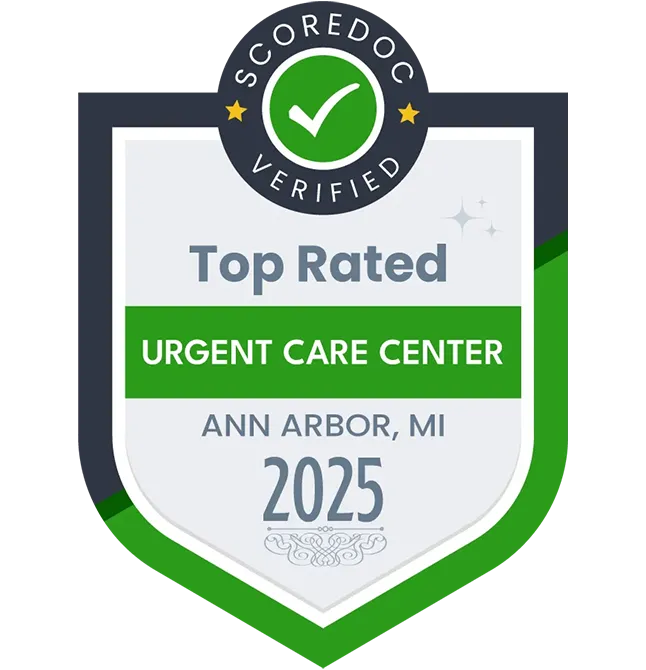Summer is the time when you need to take special care of your body. According to CDC, there are around 67,512 emergency department visits due to heat, and nearly 702 heat-related deaths, each year. Heatstroke and heat exhaustion are two of the most common heat-related conditions people suffer in the summer.
Heat exhaustion happens when your body loses too much water and salt, usually through sweating. On the other hand, heat stroke is a dangerous medical condition that happens when your body cannot regulate its internal temperature.
Continue reading to learn about these two conditions' differences, including their symptoms, prevention methods, and treatment options.
Symptoms of Heatstroke and Heat Exhaustion
Heatstroke or Heat exhaustion can both be dangerous conditions. The symptoms for both are:
Heat Exhaustion Symptoms
- Heavy sweating
- Tiredness
- Paleness
- Muscle cramps
- Dizziness
- Headache
- Nausea
- Fainting
Signs of heat exhaustion should be taken seriously. You must take precautions and adequate steps to protect yourself from this condition.
Heatstroke Symptoms
- High body temperature
- Lack of sweating despite feeling hot
- Red, hot, and dry skin
- A headache that is throbbing
- Unconsciousness
- Shortness of breath
- Fatigue
Signs of heatstroke need immediate medical attention. You must contact your doctor if you feel the symptoms mentioned above.
Risk factors of Heatstroke and Heat Exhaustion
Various factors can increase the risk of heat stroke or heat exhaustion, such as:
- Obesity- The more weight you have, the more heat your body retains. If your body is overweight or obese, it becomes quite difficult to cool it down.
- Medications- Various medications can reduce the body's ability to stay hydrated. These include medications to treat high blood pressure or heart conditions.
- Age- Heat-related conditions are more common among infants and children under four and the elderly.
- Sudden temperature change- When going from a cooler area to a warmer or more humid one, your body may not adapt appropriately. As a result, your body may struggle to regulate its temperature, putting you in danger of heat-related conditions.
Treatment for Heat Exhaustion and Heatstroke
There are distinctions in how heat exhaustion and heat stroke should be treated.
For heat exhaustion
If you suspect that you have heat exhaustion, take the following steps:
- Wear comfortable loose clothes
- Stay in a shady location that can protect you from the heat.
- Turn on an air conditioner or a fan to cool your body.
- Drink fluids that have electrolytes.
- Wipe your body with cool, wet towels.
For heatstroke
If you have symptoms of heatstroke, you can treat the condition with the following:
- Spraying cool mists.
- Applying ice packs to the armpits' groin, and the neck.
- Using a specialized cooling blanket to cool down your body.
- Administer intravenous infusions to help with cooling and hydration.
How to Avoid Heatstroke and Heat Exhaustion?
You must take various precautions to protect yourself from heatstroke or heat exhaustion. Listed below are some ways:
- Drink plenty of water or other chilled, non-alcoholic fluids.
- In hot weather, reduce activities and avoid exercise. If you need to do the activity, try to do it during the cooler part of the day and take frequent breaks.
- Keep cool and allow air to circulate about you.
- Eat smaller meals, such as salads or leafy vegetables.
- Wear light-colored, loose-fitting clothes made of natural fibers such as cotton and linen.
- Apply sunscreen with an SPF of 30 or a wide-brimmed hat when you go out under the sun.
- Drinking 17 to 20 ounces of fluid two to three hours before performing moderate- to high-intensity exercise.
- Avoid fluids containing caffeine or alcohol since both might cause you to lose more fluids and increase heat exhaustion.
When to See a Doctor?
Anyone suffering heat stroke symptoms should seek emergency medical assistance. However, if the symptoms do not improve within an hour, you should see a doctor for heat exhaustion. Based on the symptoms, a doctor will most likely be able to diagnose a heat-related sickness. They may also do tests to rule out any potential issues.
Get Effective Treatment for Heatstroke and Heat Exhaustion at MI Express Urgent Care
Don't let heatstroke and heat exhaustion ruin your summer. Act now and seek medical care before your condition worsens. At MI Express Urgent Care, we provide comprehensive treatment for these conditions. Our expert team conducts thorough examinations and initiates prompt treatment. Contact us immediately for relief, and get back to enjoying your summer safely.
Also Read
Anxiety Attacks vs. Panic Attacks: A Comparative Analysis
How to Prevent a Cough from Worsening at Night?
Causes and Remedies for Sore Throat On One Side


